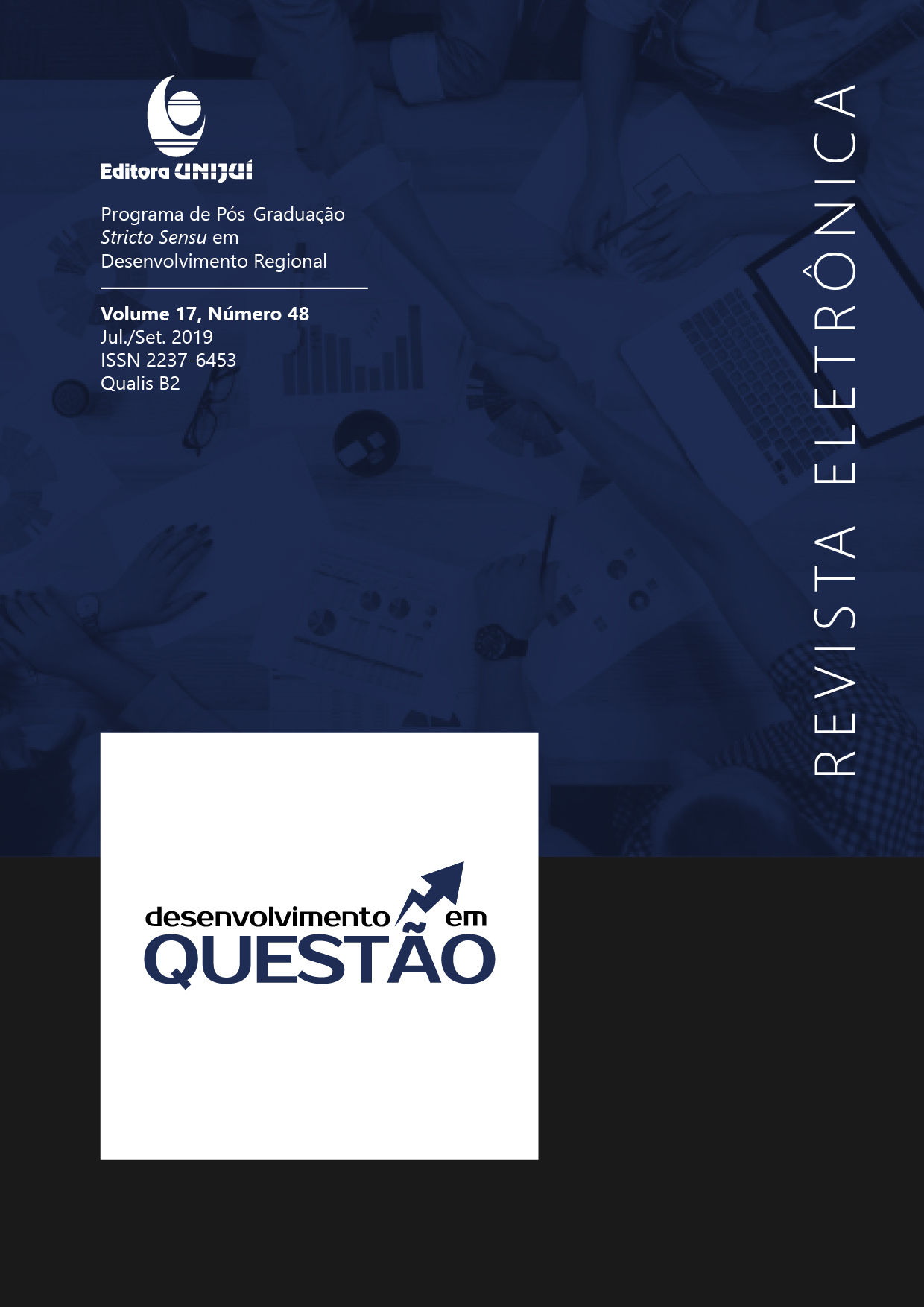¿Post-neoliberal State and development in Latin America? A study of the argentinian case
DOI:
https://doi.org/10.21527/2237-6453.2019.48.9-33Keywords:
State. Development. ArgentinaAbstract
At the end of the last century, the States in Latin America have undergone a process of transformations in their organizational form and in their implicative logic towards the industrial productive sector, which have led to changes in the strategies of capital accumulation in the region, sharpening its peripheral position. Given this scenario, at the beginning of the 21st century, a series of neo-developmental reactions began to emerge. They sought to consolidate more virtuous accumulation strategies, sustaining a more inclusive and equalizing development. Have these reactions been able to advance in the conformation of an alternative State to the neoliberal one that allows these accumulation strategies to be viable? The work seeks to explore this question by analyzing the evolution of the organizational forms and the logics of implication of the Argentinian State, a paradigmatic case in the region of both neoliberal experimentation and neo-developmentalist reactions. The studies show the presence of cosmetic changes in the state configuration and its implicative logic in the productive industrial sphere, which did not allow to qualify the dynamics of domestic accumulation.
Downloads
Published
How to Cite
Issue
Section
License
By publishing in Revista Desenvolvimento em Questão, authors agree to the following terms:
All works are published under the Creative Commons Attribution 4.0 International License (CC BY 4.0), which allows:
Sharing — to copy and redistribute the material in any medium or format;
Adaptation — to remix, transform, and build upon the material for any purpose, even commercially.
These permissions are irrevocable, provided that the following terms are respected:
Attribution — authors must be properly credited, a link to the license must be provided, and any changes made must be indicated.
No additional restrictions — no legal or technological measures may be applied that legally restrict others from doing anything the license permits.
Notices:
The license does not apply to elements that are in the public domain or covered by legal exceptions.
The license does not grant all necessary rights for specific uses (e.g., image rights, privacy, or moral rights).
The journal is not responsible for the opinions expressed in the articles, which are the sole responsibility of the authors. The Editor, with the support of the Editorial Board, reserves the right to suggest or request modifications when necessary.
Only original scientific articles presenting research results of interest that have not been previously published or simultaneously submitted to another journal with the same purpose will be accepted.
Mentions of trademarks or specific products are intended solely for identification purposes and do not imply any promotional relationship by the authors or the journal.
License Agreement (for articles published from 2025 onward): Authors retain the copyright to their article and grant Revista Desenvolvimento em Questão the right of first publication.











